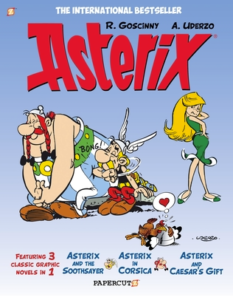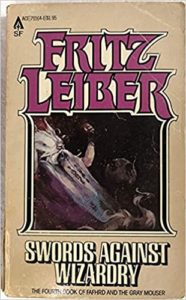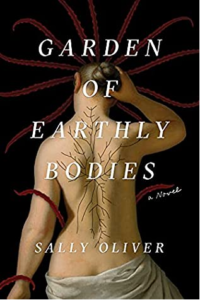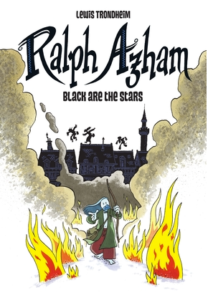This fun new short story puts a modern-day Irene Adler center stage where she belongs! Told through the eyes of her old friend Tommy Diaz, A Scandal In Brooklyn follows Irene as she answers another friend’s request for aid.
 Priya Stein hasn’t seen or heard from her husband Victor in days. Turns out that he’s volunteered to participate in a cutting edge tech experiment sponsored by none other than Irene’s estranged tech mogul husband himself. Irene uses her connections to get Priya, Tommy and herself onto the compound so that at least one couple can be happily reunited.
Priya Stein hasn’t seen or heard from her husband Victor in days. Turns out that he’s volunteered to participate in a cutting edge tech experiment sponsored by none other than Irene’s estranged tech mogul husband himself. Irene uses her connections to get Priya, Tommy and herself onto the compound so that at least one couple can be happily reunited.
Priya’s relief at learning of her husband’s safety is, alas, short lived. While undergoing a virtual experiment, Victor is stung by digital bees and dies. Neither Irene nor Tommy believes that Grace, the AI responsible for running the simulation, is responsible for his death. Besides, how could a digital bee possibly cause someone to go into anaphylactic shock?
The characterization was the strongest part of this short story, for me. While the mystery was decent, I felt like the story hadn’t been polished enough action-wise, as things just sort of happened one by one. The experience was more like watching dominoes falling than enjoying a story unfold organically. That said, I really did like the characters of Irene and Tommy, and would love to read more of their exploits together. It was fun to hang out with the two of them in this vaguely Holmesian short story. Perhaps more importantly, I really want to see Irene stick it to her hopefully soon-to-be-ex-husband.
The good people behind this story and its accompanying book tour have also provided us with a short interview with Lauren Wilkinson, as well as an excerpt and a chance to win a $50 Amazon gift card! Check it all out below.









